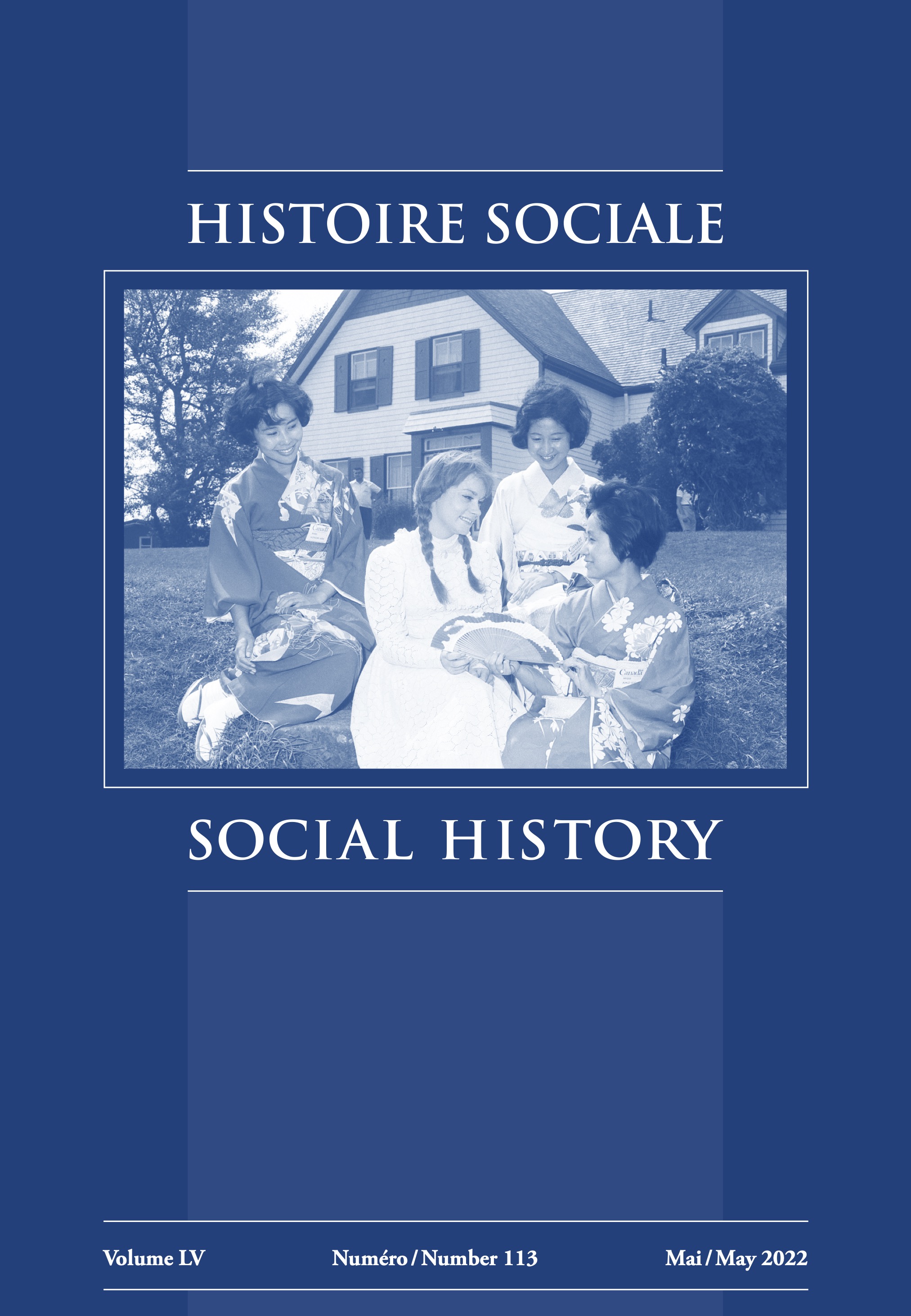Sports et modernité dans les débats politiques parisiens de la Belle Époque (1882-1914)
Abstract
This article offers a critical reading of Parisian municipal debates at the crossroads of the nineteenth and twentieth centuries to question common political representations of sports. Specifically, it critiques the paradigm of modern sports through the discourse articulated by locally elected officials. By drawing a clean break in the continuity of time, the idea of modernity defines an era regarding a past whose complexity is outlined around simultaneously economic, industrial, social, and political values. Thus, during the “Belle Époque” broadly construed, the sporting imaginary of elected officials drew on those innovative codes and powerful movements: the capital, the social, and the Republic—proof that from the very beginning of their implementation in France, politicians understood sports as resolutely modern practices.


